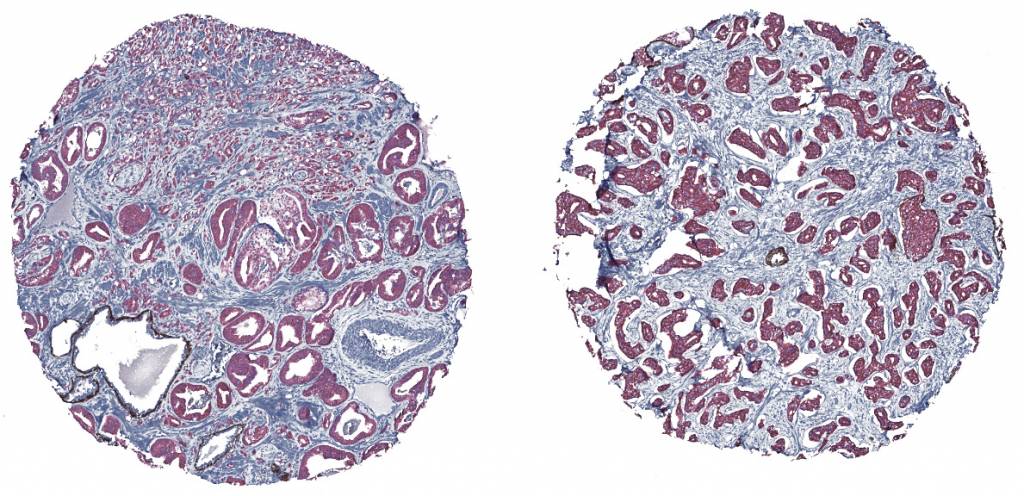We study molecular alterations in prostate cancer with an emphasis on alterations associated with disease progression. Finding the common genomic alterations is an important step in the development of better diagnostics and therapeutics. To achieve this goal, our research group uses modern omics tools, such as RNA-seq, ATAC-seq and large-scale proteomics. Special emphasis is currently placed on long non-coding RNAs (lncRNA). In addition, we have long-standing strong interest towards androgen receptor (AR) gene, amplification of which was first described by the group back in 1995. We study the mechanistic consequences of the overexpression of AR using models we have established, as well as clinical samples of castration-resistant disease. We also identify and characterize downstream genes of AR signaling pathway, to screen for candidate drug targets.

